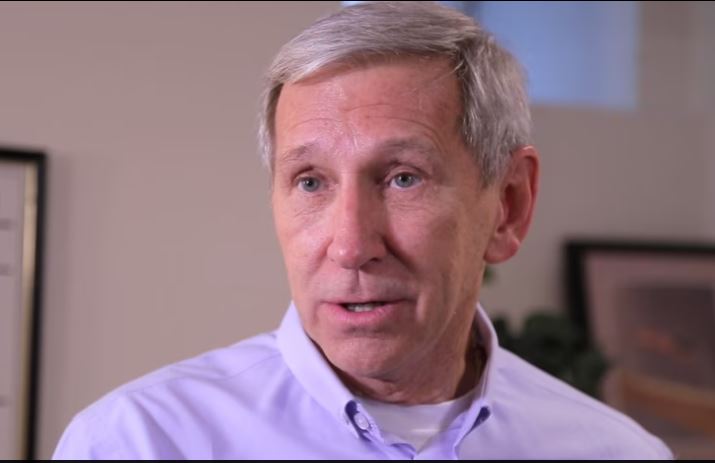By Senior Coaching Partner Dr. Dennis Becker
President Obama gave an impassioned presentation on the topic of Healthcare Reform. We have been monitoring and critiquing his speeches and speaking style from the outset of the primaries. We have reviewed and commented on many, many of those speeches and press conferences, etc.. This speech had some of the same techniques and cadence. But, in this speech I heard and saw something different. Yes, he had the same articulation prowess. Yes, he had the same powerful use of language. Yes, he had the same air of confidence. Yes, he had the same control of the moment and the audience. Yes, we saw the usual dynamism of a good speaker. But, this time, I saw more. This time I heard more. This time I saw and heard the President use many more “color words”. These are words which any speaker emphasizes in a slightly different way than other words. Those words add “color” the otherwise black and white sound of the speaker. Mr. Obama often depends on his exquisite use of language and his precise skill at presentation. He is very good. Whether you like his politics or not, most reasonable people will agree that Mr. Obama is a very good speaker.
His use of “color words” was carefully applied. We saw most of it in two places in the speech. We heard “color words” used effectively in the first 10 minutes of the speech. We heard “color words” used effectively again in the segment that referred to the late Senator Kennedy. To me, that was the most touching and poignant part of the speech. The addition of this “color” to his speaking style was a positive. It helped him seem more human and less robotic and practiced.
It was also interesting to note that he showed his comfort in using the media, in this case TV, to his benefit. He looked directly into the camera, at us at home, seven times. Each time he was referring to “Americans”, “Seniors”, etc. It was a very effective use of the camera.
Finally, he handled the very rare and unexpected outburst from a Republican attendee who shouted out “you lie!”. He handled it very well. Basically, he recognized it with a glance in that direction and went on, unshaken. This was one of President Obama’s best deliveries of a speech.
One closing thought on a slightly different topic: I watched the speech on CNN. Unfortunately, the program was hosted by Wolf Blitzer. This intelligent and experienced newsman continues to have one of the most distracting, unprofessional, and unattractive speech habits. It is his constant use of the vocalized pause, “uh”. Mr. Blitzer, pleeease learn control this awful habit.




